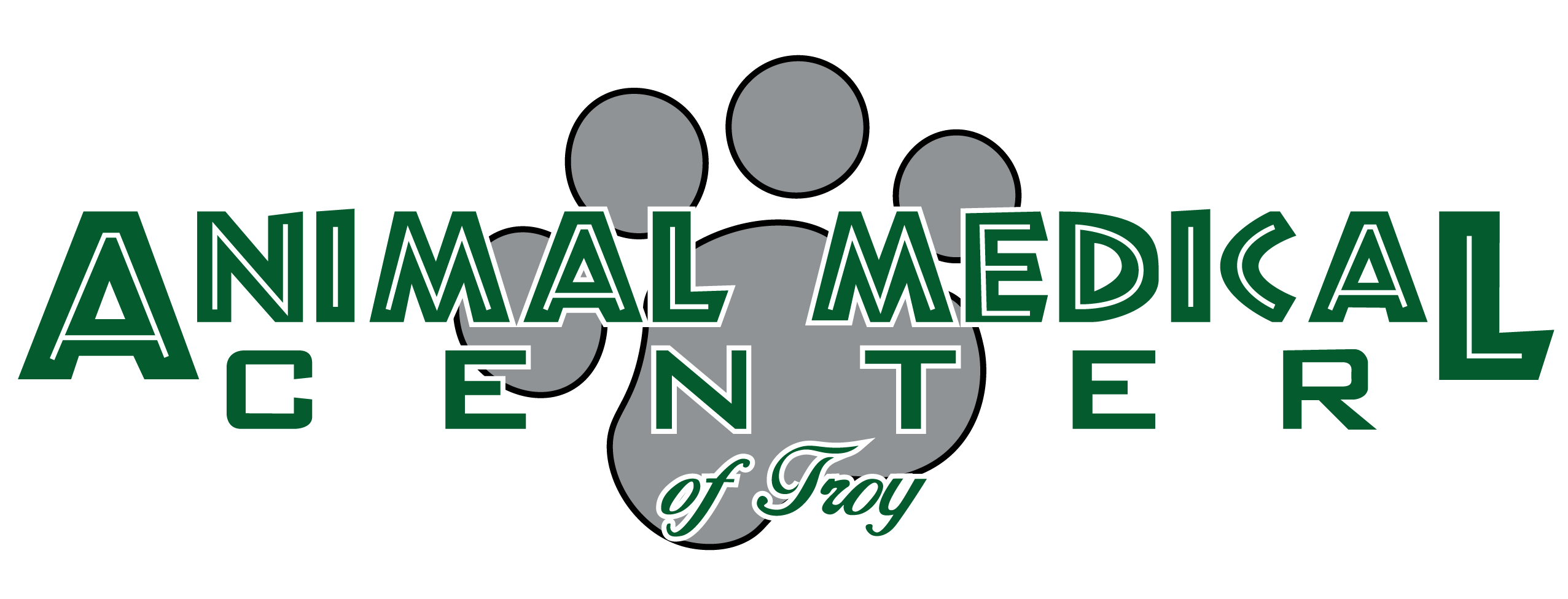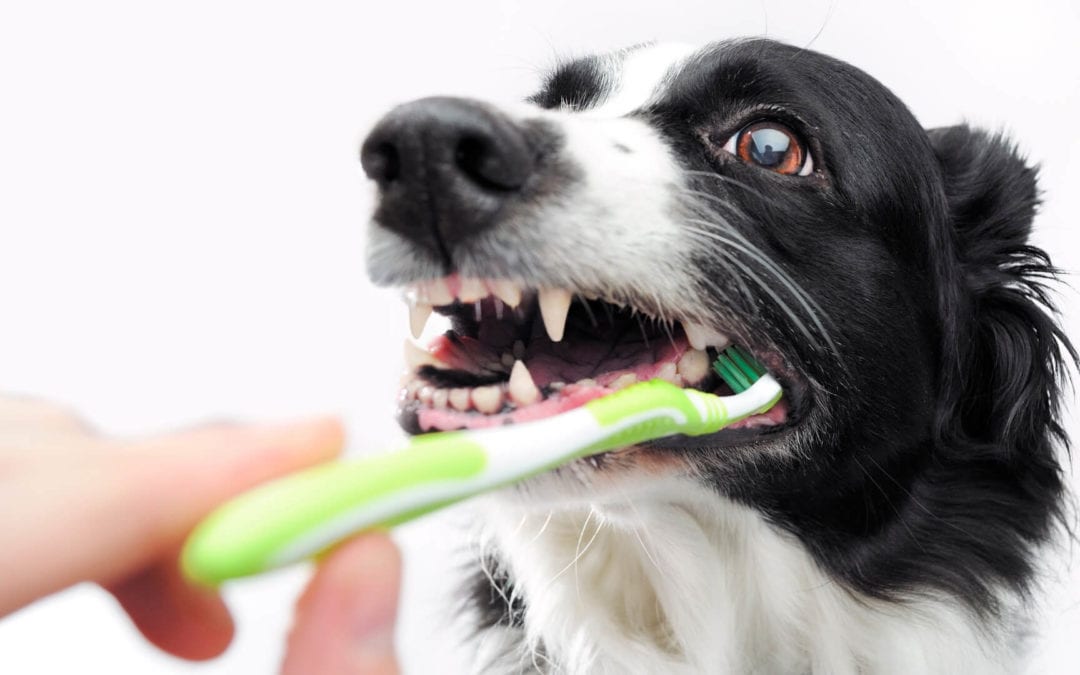We pride ourselves on keeping a healthy smile, as shown by our penchant for routine check-ups and corrective dental procedures. Although we may see our pets as self-maintaining in some aspects, their dental health should not be ignored as periodontal disease can develop early on in their lifetime and cause further complications down the road.
Why your pet needs regular dental cleanings
Poor oral hygiene can lead to gingivitis, periodontal disease, tooth loss, bone loss, oral pain, abscesses and infections, excessive drooling, and difficulty eating. Additionally, because bacteria in the mouth can be absorbed into the bloodstream, other organs, like the heart, kidneys, and liver, can suffer as a result of poor oral hygiene.
Periodontal disease progresses quickly and begins when bacteria combine with food particles to form plaque on the teeth. Soon, minerals in the saliva bond with the plaque to form tartar, a substance that strongly adheres to the teeth. When bacteria get under the gum line, inflammation occurs and leads to gingivitis, which destroys the tissues surrounding the teeth and causes eventual tooth loss.
Since many pet owners struggle to brush their pet’s teeth regularly and bacteria accumulates under the gum line, regular dental cleanings conducted by the veterinary health care team are important.
Anesthesia and your pet’s dental cleaning
Most pets do not tolerate anyone poking around in their mouth. Because of this, a dental cleaning can only be performed while a pet is under general anesthesia. This enables us to conduct a thorough oral examination; perform dental X-rays; remove the tartar, plaque, and bacteria from under the gum line; and extract diseased or broken teeth while taking measures to control pain.
Has it been a while since your pet’s last dental cleaning? Hesitate no longer and schedule an appointment with our office for a dental check-up to gift your pet a healthy smile!

